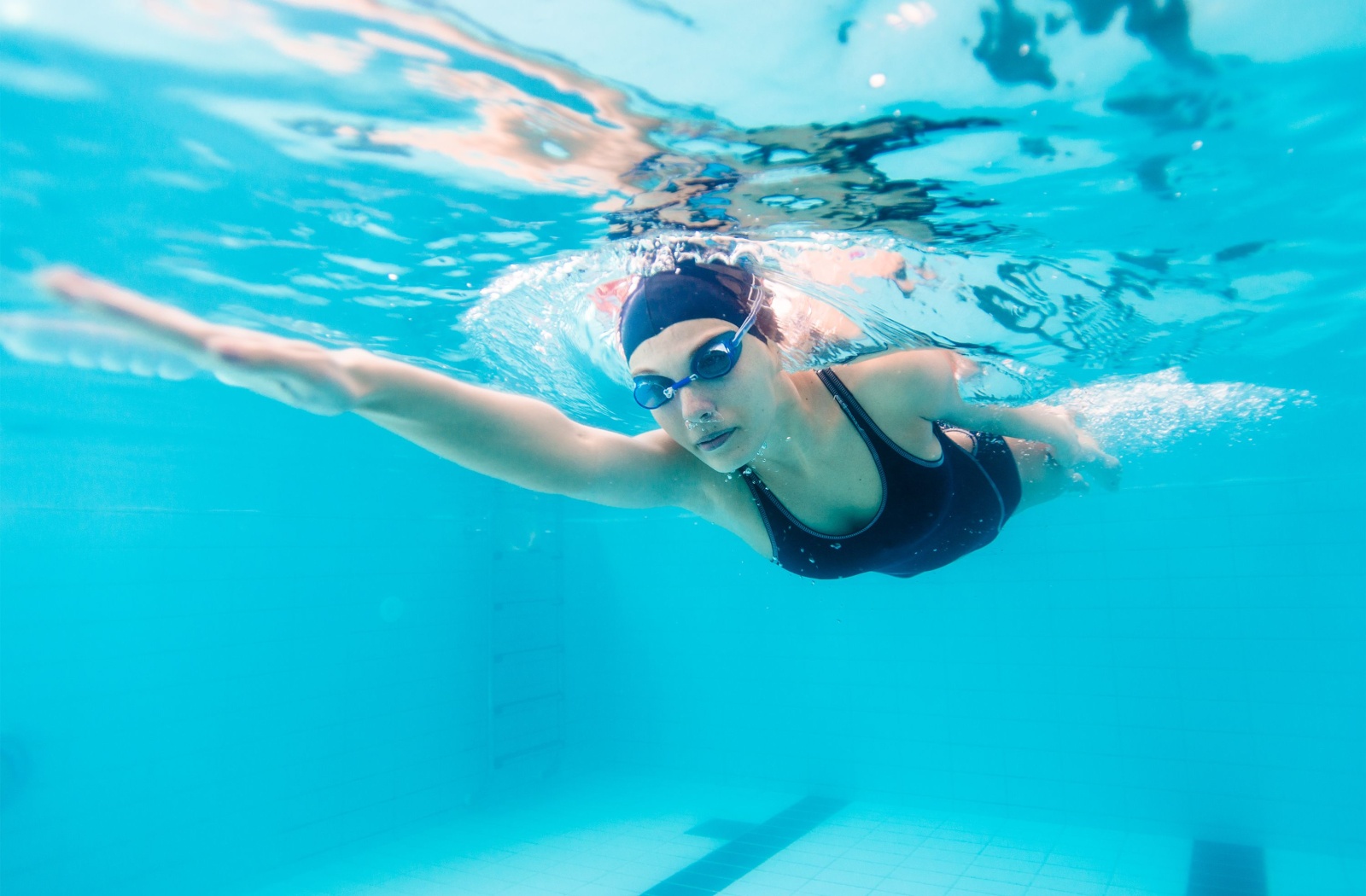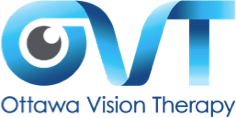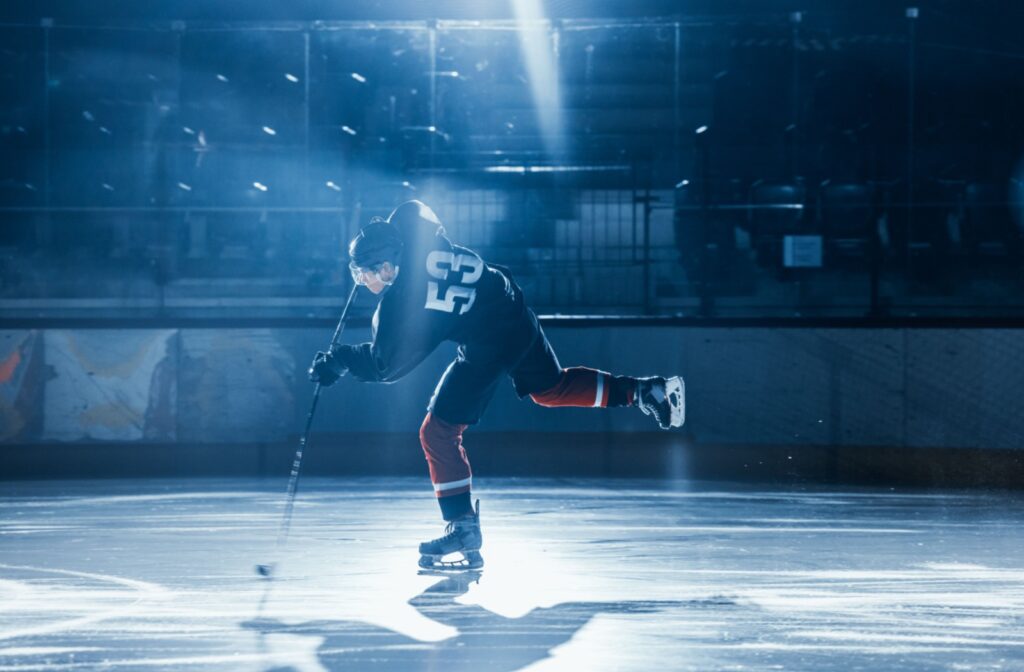When we think about what makes an athlete successful, we often picture physical strength, agility, or mental resilience. But there’s another critical factor that plays a foundational role in athletic excellence: vision.
Vision is more than eyesight. It’s a set of dynamic, trainable skills that influence how we move, react, and perform.
Vision is more than 20/20 clarity. It includes eye tracking, depth perception, peripheral awareness, reaction time, and visual-motor coordination—essential skills for athletes, whether they’re on the ice, the court, or the field.
Strong visual skills can improve accuracy, reaction time, and confidence. Weaknesses in these areas can hold athletes back, even when their physical fitness is exceptional.
Recognizing the role vision plays in athletic performance highlights how vision therapy can help athletes develop the visual skills needed to reach peak performance.
Why Vision Is Crucial for Athletes
In sports, visual input is the brain’s most relied-upon source of information. It guides movement, decision-making, and timing.
From tracking a fast-moving puck to anticipating an opponent’s move, athletes constantly rely on their vision to process information quickly and respond precisely.
Core Visual Skills That Support Sports Performance
Here are some of the key visual skills that athletes depend on:
- Eye tracking is the ability to follow a moving object smoothly and accurately, like a tennis ball or a soccer player in motion
- Depth perception helps us accurately judge distances, so you know how far away a teammate or target is
- Peripheral vision allows you to monitor the environment outside your central focus, which is especially important in team sports
- Visual reaction time is the speed at which the brain processes visual information & initiates a response
- Eye-hand coordination is how you integrate visual input with sensory input, from hand to foot movements, which is critical for catching, throwing, or hitting
- Visual focus & switching enable you to maintain attention on a moving object or rapidly shift focus between different distances
When one of these skills is underdeveloped or impaired, an athlete may miss opportunities, react more slowly, or struggle to perform consistently.
When Vision Skills Are a Limiting Factor
Many athletes who experience frustration in their sport, especially youth athletes, don’t realize that vision could be playing a role. They may train harder, practise longer, or push through mistakes without addressing the root cause.
Signs that an athlete may have underdeveloped visual skills include:
- Difficulty catching, hitting, or tracking fast-moving objects
- Clumsiness or frequent collisions on the field
- Seeming “one step behind” in plays or drills
- Poor timing or judgement of distance
- Eyestrain, headaches, or fatigue after training
- Inconsistent performance despite regular physical practice
Vision therapy can often identify and address the missing link, helping athletes tap into their true potential.
The Competitive Edge of Strong Visual Skills
Athletes with well-developed visual systems can enjoy a distinct advantage over their competition. With faster processing, accurate tracking, and enhanced anticipation, they can react quickly and confidently in high-pressure situations.
Vision training can help athletes:
- React more quickly to plays and changes in movement
- Maintain advantageous positioning & spacing in game situations
- Improve shot accuracy, pass timing, & foot placement
- Reduce errors caused by misjudging speed or distance
- Minimize injuries by improving awareness of surroundings
- Perform more consistently under stress or fatigue
In elite sports, even small advantages can add up, often becoming the deciding factor between a good athlete and a great one.

How Vision Therapy Can Enhance Athletic Performance
Vision therapy is a structured program designed to train and help enhance the connection between the eyes and the brain.
Your personalized approach begins with a comprehensive assessment, allowing your eye doctor to tailor exercises to the specific demands of your sport.
Step 1: The Vision Performance Assessment
Vision therapists begin with a sports-specific visual evaluation, assessing:
- Eye movement control
- Binocular vision (how well the eyes work together)
- Visual processing speed
- Reaction time & response accuracy
- Depth perception & distance judgement
- Visual-motor integration & eye-hand coordination
Your vision therapist will also consider the athlete’s position, sport, goals, and past injuries, including concussions.
Step 2: Designing a Custom Program
Based on the results, therapists build a personalized vision therapy program that may include both in-office and at-home components. Each exercise is designed to challenge and improve specific visual skills.
Exercises may involve:
- Using tools like tracking lights, metronomes, or strobe glasses
- Performing dynamic balance tasks that integrate visual focus
- Timed drills to improve eye-hand coordination & reaction time
- Computer-based activities for depth perception & pattern recognition
- Sport-specific simulations & visual decision-making tasks
Over time, these exercises can help strengthen the brain’s ability to process visual information quickly and accurately, resulting in improved performance on the field.
Vision Therapy for Young & Developing Athletes
Vision therapy can be especially effective for kids and young athletes still developing their motor and perceptual skills. Early training can support long-term athletic and academic success for kids and teens involved in competitive sports.
We work with young athletes who:
- Want to improve their sports performance
- Struggle with eye-hand coordination or timing
- Have difficulty following plays or reacting quickly
- Experience performance anxiety linked to visual uncertainty
- Have recovered from concussion but still report visual symptoms
Vision therapy can reinforce and enhance skills young athletes need, boosting their confidence, reducing frustration, and supporting overall brain development.
Recovery After Concussion or Injury
Even a mild concussion can disrupt the visual system, causing symptoms such as blurred vision, light sensitivity, dizziness, or difficulty focusing. Post-concussion visual symptoms can linger long after other symptoms have resolved.
Our clinic works with athletes recovering from brain injuries to restore visual comfort and function. We can help retrain the eyes and brain to work together effectively through rehabilitative vision therapy, so athletes can return to sports safely and confidently.
A Complete Approach to Athletic Development
At Ottawa Vision Therapy, we believe in treating the whole athlete—body, brain, and eyes. Our customized, one-on-one programs can help athletes strengthen visual skills essential for peak performance.
Each program begins with a comprehensive binocular vision assessment to determine how your eyes work together and how efficiently your visual system supports movement, focus, and reaction.
Our services include:
- Personalized vision therapy programs tailored to the athlete’s sport, age, & goals
- One-on-one in-office therapy sessions with trained therapists
- Home-based vision training exercises for continued progress between visits
- Support for concussion recovery, post-brain injury, & developmental vision delays
- Collaborative care with coaches, trainers, & other health professionals so therapy complements athletic training
Ready to take your game to the next level? Contact Ottawa Vision Therapy today to book your sports vision assessment.




